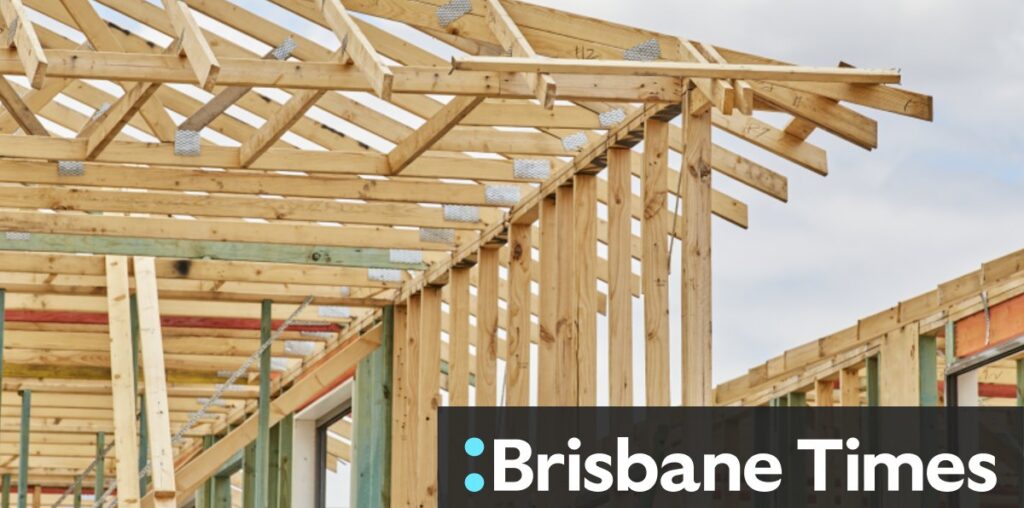For example, the council says the Commonwealth would receive $19 billion more in tax revenue over a decade if the states and territories replaced stamp duty with a land tax. An annual land tax would add to economic growth, it says, and the federal government could share those gains with the states and territories to help cover the cost of the change.
Loading
“Stamp duty is a horrible tax that stops Australians getting into a home,” said Black, ahead of the release of the council’s report, It’s Time to Say Yes to Housing.
The council wants more investment in apprentices, a bigger intake of skilled foreign workers with construction skills, and a judicial inquiry into corruption in the building industry – a key problem revealed in the Building Bad reports in this masthead.
It is also calling for tougher oversight of local councils so new homes are given priority, taking decisions out of their hands if they obstruct necessary projects.
The proposal is based in part on federal policies from three decades ago when Canberra set up a $5 billion fund to pay the states and territories to embark on reforms that would expand the economy.
Chalmers is working with state treasurers on national competition policy but has emphasised recent work on merger law reform and the power of the Australian Competition and Consumer Commission to investigate supermarket pricing.
The business council proposal comes at a time when Chalmers and others are playing down the possibility that Labor will change tax rules as part of its next housing policies, following reports by this masthead that Treasury was looking at options on negative gearing.
Deputy Prime Minister Richard Marles appeared to rule out change to the property investment rules on Thursday.
“No doors have been opened here. We’re not doing negative gearing,” he told Sky News.


